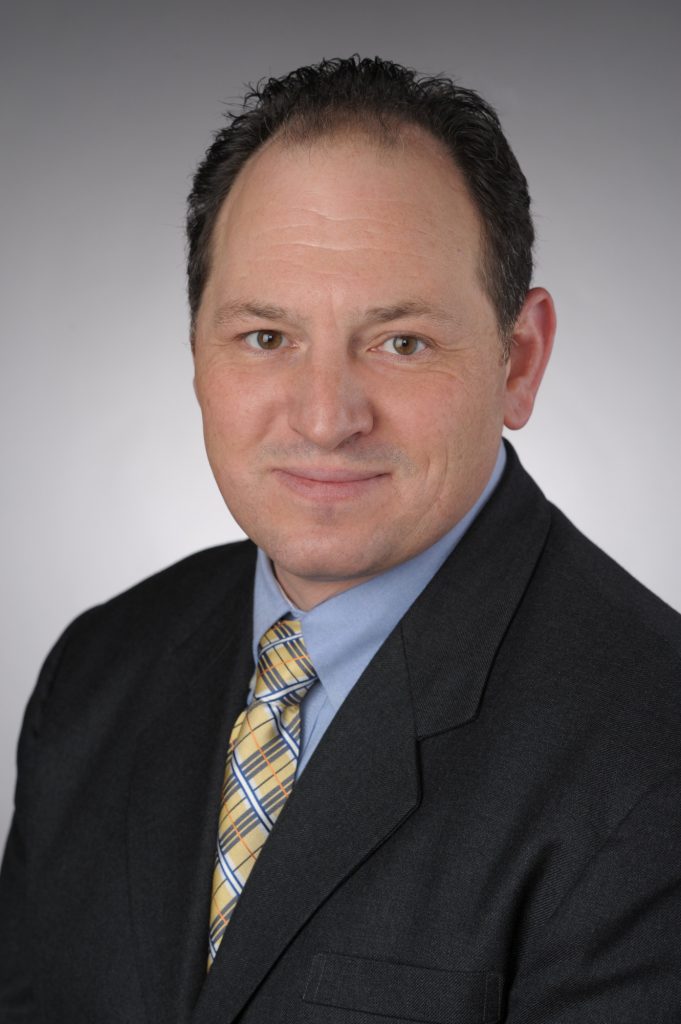Bandier Students Explore Latin America’s Music Industry
Thirteen students from the Bandier Program in the S.I. Newhouse School of Public Communications recently returned from a three-week journey through Latin America, where they explored the region’s dynamic and rapidly evolving music industry. The immersive trip, led by Bandier…


